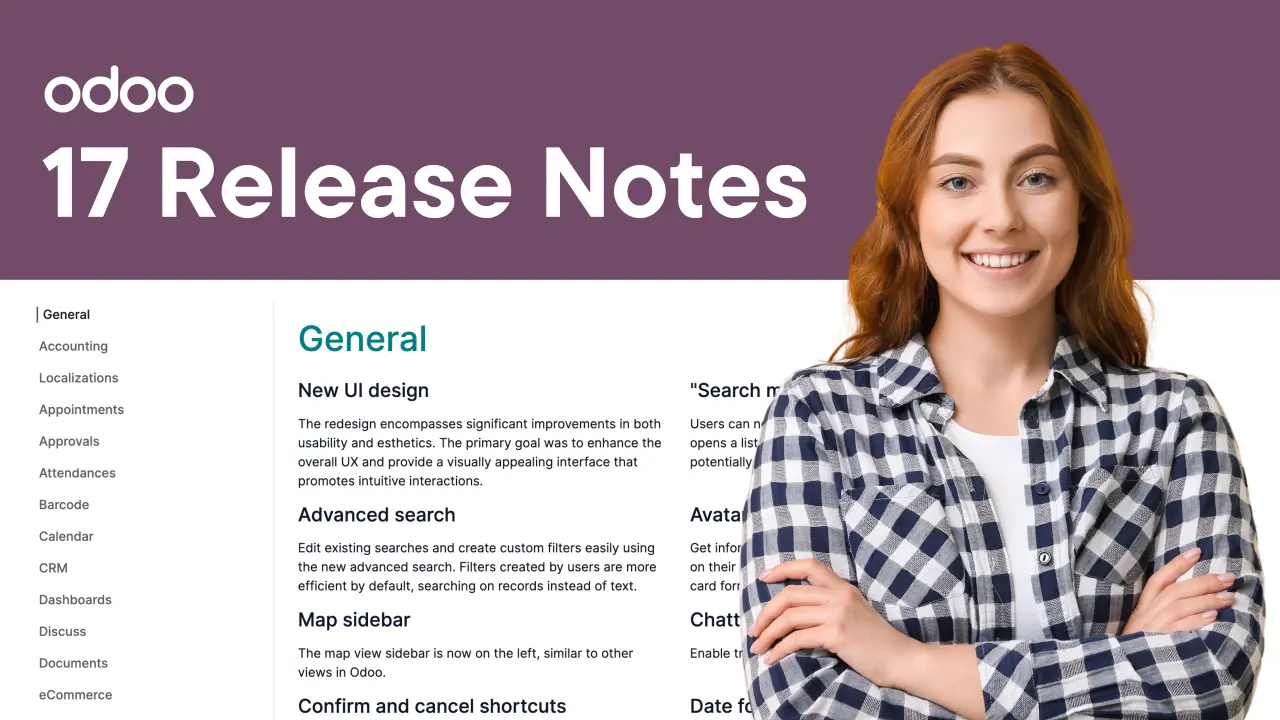Odoo Licensing: A Brief Overview
Odoo is available in two primary editions: Community Edition and Enterprise Edition. The Community Edition is open-source and free to use, while the Enterprise Edition offers additional features and professional support at a subscription cost. Each edition operates under different licensing agreements, which can impact how the platform is used for business, especially when it comes to customizing an odoo website.
- Community Edition is licensed under the LGPLv3 (Lesser General Public License). This licensing model allows users to modify, redistribute, and use the software freely. However, the Community Edition has some limitations compared to the Enterprise Edition in terms of features and official support.
- Enterprise Edition is licensed under the Odoo Enterprise License, which is a proprietary license. It includes advanced features such as project management, accounting, and more, along with premium support. If you're building an Odoo website with complex functionalities, the Enterprise Edition might be the better option because of its extensive toolset.
Odoo Licensing and Customization
When it comes to customization, Odoo's licensing model plays a significant role. The open-source nature of the Community Edition allows developers to modify the source code to fit specific business requirements. If you're running a small business and need a basic Odoo website, the Community Edition could be sufficient, as it offers core functionalities and flexibility in terms of customization.
However, if your business requires advanced features or you need to integrate third-party applications, you may face limitations with the Community Edition. In this case, the Enterprise Edition offers more robust options but comes with a licensing cost that needs to be factored into your budget.
Building an Odoo Website: Which License to Choose?
When creating an Odoo website, understanding your business needs and how they align with Odoo's licensing options is critical. The Community Edition is a great option for businesses that want to get started quickly without incurring high costs. It provides essential features like website building, eCommerce, and blogging tools.
On the other hand, the Enterprise Edition comes with enhanced tools for building and managing an Odoo website, such as advanced SEO capabilities, dynamic content management, and marketing automation features. These functionalities can significantly improve the user experience and help businesses generate more revenue from their websites. Moreover, the Enterprise Edition provides ongoing updates and premium support, ensuring that your website remains up-to-date and functional as your business grows.
Factors to Consider in Odoo Licensing
While the odoo licensing model offers flexibility, it's essential to weigh the costs and benefits associated with each edition. For businesses that need only basic functionalities, the Community Edition provides ample features at no cost. However, larger organizations or those requiring more sophisticated tools may find the Enterprise Edition to be a better long-term investment. This is particularly important if your Odoo website is a core component of your digital strategy.
Another key consideration is compliance. The Odoo Community Edition requires you to release modifications under the same open-source license, which might not be ideal for businesses that want to keep proprietary customizations private. The Enterprise Edition, being a proprietary license, does not have this requirement, allowing businesses more flexibility in terms of protecting intellectual property.
Conclusion
Choosing the right Odoo licensing model depends on the specific needs of your business, particularly when developing an Odoo website. The Community Edition is perfect for smaller businesses looking for a cost-effective solution, while the Enterprise Edition provides advanced features and support for businesses with more complex needs. By understanding the nuances of Odoo licensing, you can make an informed decision that will help your business grow and thrive in the digital landscape.





Comments